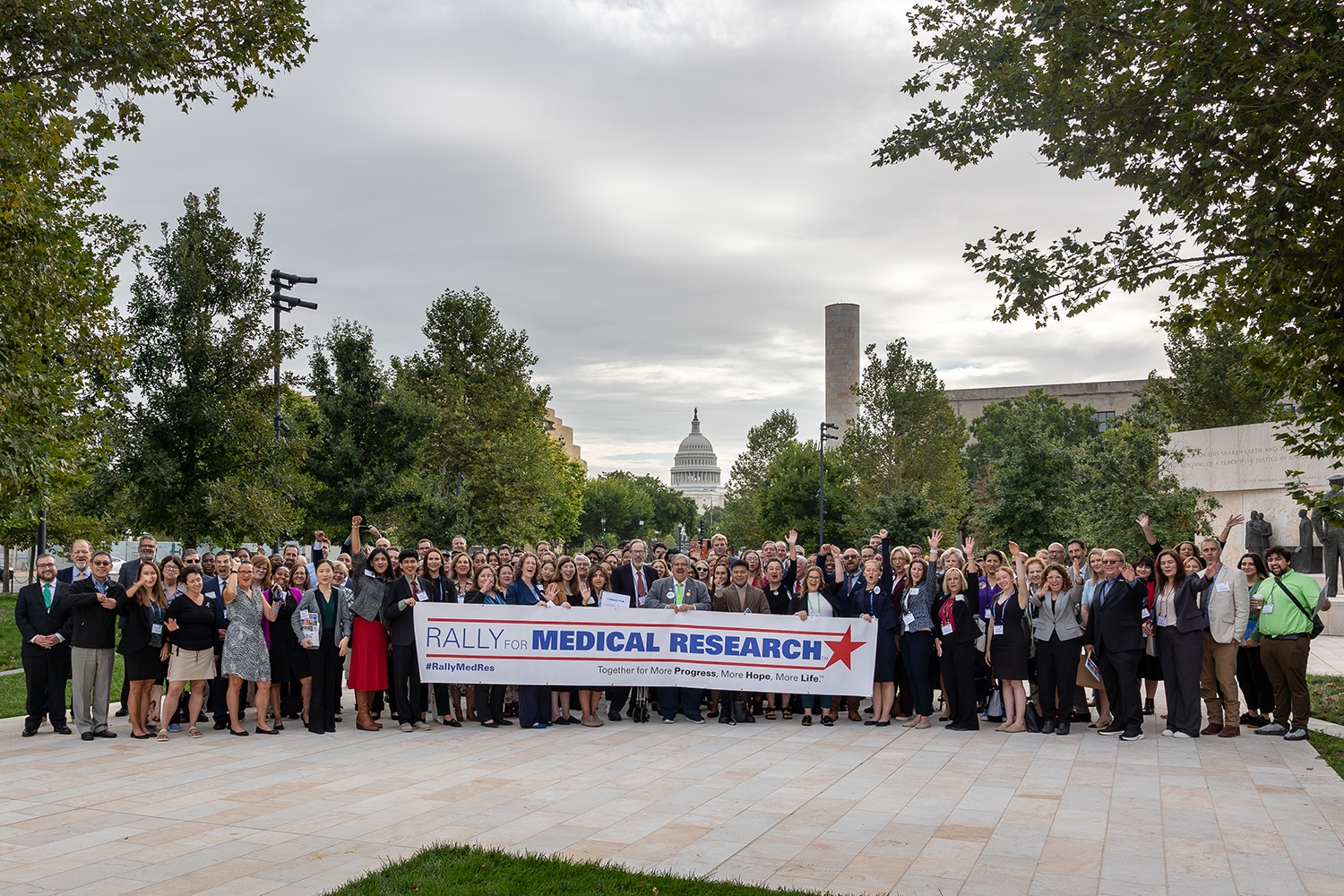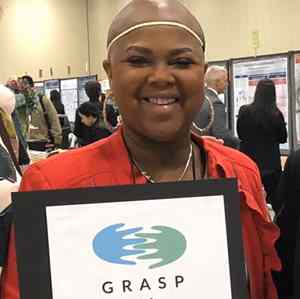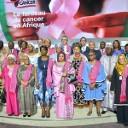-
Survivor Profile
Handle With CareBrain cancer survivor Lanette Veres sends cards and packages to others with the disease. She believes no one should face cancer alone.
by Lindsey Konkel
-
Forward Look
Targeted Treatments for TotsNew law mandates that cancer drugs get tested in kids in clinical trials.
by Sharon Tregaskis
-
Forward Look
Medicare to Cover CAR-T Cell TherapyHigh cost may still limit access.
by Nancy Averett
-
Cancer Patient Advocates Find Strength in Numbers
Patient advocates have become a vital part of the San Antonio Breast Cancer Symposium. Opportunities for advocates continue to multiply.
by Marci A. Landsmann
-
Cancer and Credit
The financial burden of a cancer diagnosis can lower a patient's credit score.
by Shelly Rosenfeld
-
First Ladies of Africa Issue Call to Address Cancer Crisis
A coalition of wives of African leaders, originally dedicated to addressing HIV/AIDS, is now also taking on the growing problem of cancer.
by Bradley D. Miller, PhD
-
From the Editor-in-Chief
Value-Based Cancer Care: Paying for PerformanceThe Centers for Medicare & Medicaid Services implements incentive programs to reward quality care.
by William G. Nelson, MD, PhD
-
Forward Look
A New Use for Patient DataGregory Daniel on real-world evidence for cancer drug approvals.
by Sue Rochman
-
Policy Matters
FDA Seeks to Improve Access to Investigational Oncology DrugsProject Facilitate offers assistance to medical professionals who want investigational drugs for their cancer patients.
by Richard Pazdur, MD
-
Survivor Profile
A Sister’s CircleSchool counselor Diane Nathaniel creates communities for herself and those around her in Brooklyn and beyond. Her cancer diagnosis led her into patient advocacy.
by Marci A. Landsmann
Cancer Talk
Lessons From 20 Years Living With Cancer
Multiple myeloma survivor Jonathan Gluck reflects on uncertainty, and the scientific progress that has kept him living with cancer for more than two decades.
by Eric Fitzsimmons
The Enduring Importance of Cancer Disparities ResearchOpening session from AACR conference highlights how perseverance and adversity have informed cancer disparities research over the years.
by Eric Fitzsimmons
Most Cancer Survivors Don’t Meet Healthy Diet GoalsDespite research linking fruits and vegetables to cancer survival, many people do not change their eating habits after diagnosis.
by Darlene Dobkowski
Many People Don’t Get Colonoscopy After Receiving Abnormal Blood TestsAbout half of people who receive abnormal results from colorectal cancer screening tests don’t follow up with a colonoscopy.
by Laura Gesualdi Gilmore















